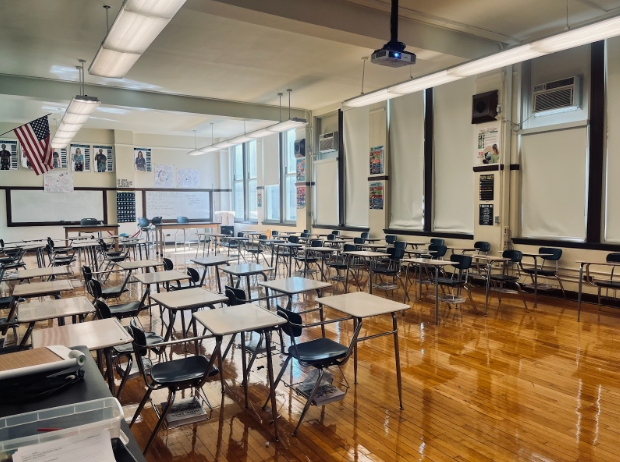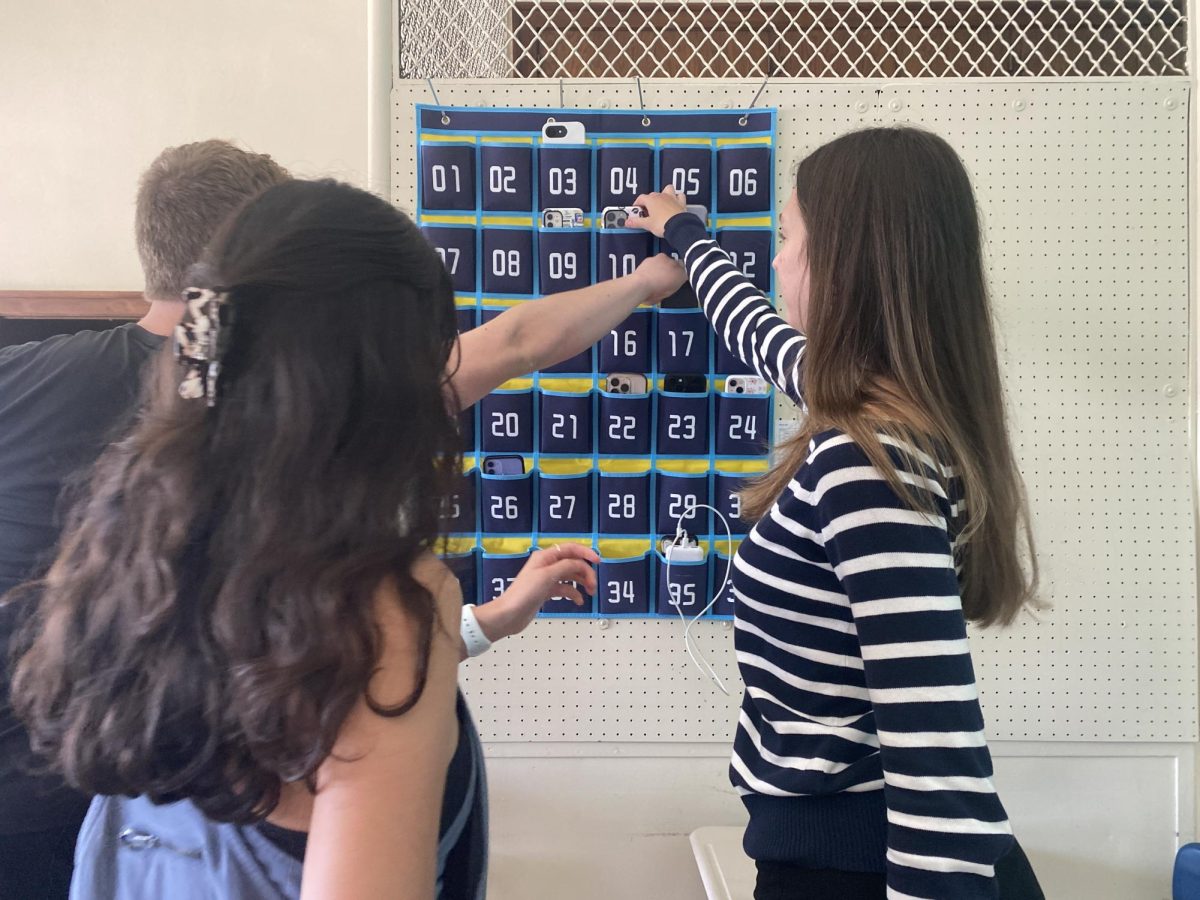For the week of midterms last year, one student made the choice to take on an extra challenge: current senior Charlie McCartney confronted her dependency on caffeine by deciding to cut out all energy drinks.
Her advice to others: “Don’t do that.
“It was during finals week last year, and I cut caffeine cold turkey, except for one cup of coffee in the morning, and I felt miserable,” McCartney said. “I was just sad.”
Finals are a time of extreme academic stress for students: calculating the lowest grade they need on their exams to get an A in the class, studying until late hours of the night, panicking about the possibility of failure, and consuming large amounts of caffeine to keep up with the workload.
While the lethargy and sadness McCartney noted are common in a sudden change of caffeine consumption, the other symptoms of caffeine withdrawal are substantial.
“Some signs of caffeine withdrawal include: impaired behavioral and cognitive performance, decreased or increased blood pressure, decreased motor activity, increased heart rate, hand tremor, increased diuresis, skin flushing, flu-like symptoms, nausea/vomiting, constipation, muscle stiffness, joint pains, and abdominal pain,” according to the National Library of Medicine.
McCartney recalled mistaking caffeine withdrawal symptoms with anxiety. She also spoke about caffeine’s impact on her focus: “If I’m feeling very unfocused, I’ll usually drink a Monster to keep me focused, and it works most of the time.”
For many Lane Tech students, caffeine has become a staple of their daily routines. Whether it’s an energy drink, a cup of coffee, or a simple soda, many students report caffeine is often needed as an extra boost to get through the day. In an anonymous survey sent out via Instagram with 41 Lane student respondents, 78.1% reported drinking anywhere between 2-7+ caffeinated beverages per week. Similarly, 75.6% of these surveyed students reported frequently worrying about academics.
Amy Heveran, a physical education teacher at Lane Tech, shared her concerns about the prevalence of energy drinks among students.
“I do see a lot of kids that are walking around drinking, especially early in the morning, these unhealthy beverages,” she said. While she acknowledges that caffeine can provide temporary energy, she said that there are healthier alternatives. Heveran referred to caffeinated drinks as something which provides students instant gratification, but acknowledged that this “quick fix” has long term faults.
Not all students at Lane depend on caffeine. Senior Hazel Rorem avoids energy drinks all together and has only tried caffeine a few times.
“I don’t feel like I need them,” Rorem said. While she occasionally feels academic stress, Rorem said she manages it through social connections, academic goals, and the support of family and friends to stay motivated. Her energy comes from spending time with loved ones and focusing on her goals of getting good grades and preparing for college, which echoes Heveran’s advice for students coping with stress.
“Take time for yourself,” Heveran advised. “Whatever way it is, as long as it’s a healthy way, make sure you’re taking time for yourself and using that time to benefit you in an avenue of health in some way.”
As energy drinks line desks and coffee cups warm the cold winter mornings, it’s clear that caffeine has carved out its spot in the daily routines of the students at Lane Tech. Yet, as McCartney discovered, it’s a double edged sword. While a Monster might fuel your focus, the withdrawal symptoms can hit harder than that pop quiz you didn’t study for. And for students like Rorem, who navigate the caffeine craze without temptation, it’s a reminder that there are other ways to find energy, ways that don’t come in a can or cup.





